Reyes Ramirez (he/him) is a first-generation Houstonian of Salvadoran and Mexican descent, a rich cultural heritage that features prominently in his equally diverse corpus of published poetry, short stories, creative nonfiction, art criticism, and reviews. Reyes received his bachelor’s degree summa cum laude from the University of Houston where he studied political science, creative writing, and phronesis. He received his MFA in Creative Writing from Texas State University with a focus on fiction and cognates in film and literature. During his program at Texas State, Reyes was a writing center consultant, co-editor for Front Porch Journal, an IA for survey literature courses, and a TA for college writing courses I-II.
After graduating from Texas State, Reyes took his MFA back to his hometown where he has lent his expertise towards enriching his community through his involvement with a nonprofit organization that brings art education to children, a nonprofit experimental and progressive art studio and gallery, and a nonprofit organization focused on empowering artists and connecting communities.
“Houston is important to my work because it is so easy to pack any amount of the absurd and the serious together here. It is one of the largest and most diverse cities in America that is blue in a red state that must contend with its past and present as a metropolis in the South, the Borderlands, the Gulf Coast, etc. … The possibilities for mixing languages, stories, and histories are endless here.”
Crafting stories and poetry from a unique blend of histories both real and imagined is certainly a strong suit for Reyes who has a page’s worth of grants, honors, fellowships and awards under his belt to include being a finalist for the New York Public Library’s 2023 Young Lions Fiction Award for his collection of short stories in The Book of Wanderers. While most finalists were represented by Big 5 publishers and/or agents, Reyes was representing an independent university press from Arizona, “which is all to say that the Young Lions Fiction Award put my book in conversation with some incredibly talented people.” His newest book, El Rey of Gold Teeth, is a debut collection of poetry that navigates the relationship between form and language through subversion, marginalized voices, and rerouted histories: “If my first book, The Book of Wanderers, plays with genre and the architecture of a narrative and/or story using my languages, then El Rey of Gold Teeth plays with those languages at the atomic level.”
While Reyes is primarily a writer, he finds considerable inspiration from his work in editing, curating, organizing, and teaching: “those practices force me to put my writing in conversation with communities, histories, and reality. What use is my writing if it cannot be understood by the communities I want to speak with, who I want to grow with from my adventures in language?” Reyes has taught creative writing at the grade school level; he has been a faculty tutor and workshop instructor; he has been involved on many editorial teams; and he has assisted or directed in the curation and organization of several visual and performance art projects. One of his projects includes an ongoing virtual exhibition The Houston Artist Speaks Through Grids for which he was recognized as a 2021 Interchange Artist Grant Fellow.
Reyes is currently working on a collection of personal essays that explore “a grander consciousness” through pop culture, disasters, nationhood, and more; moreover, there is a novel set in Houston in the works!
– Kandi Pomeroy, MARC Student

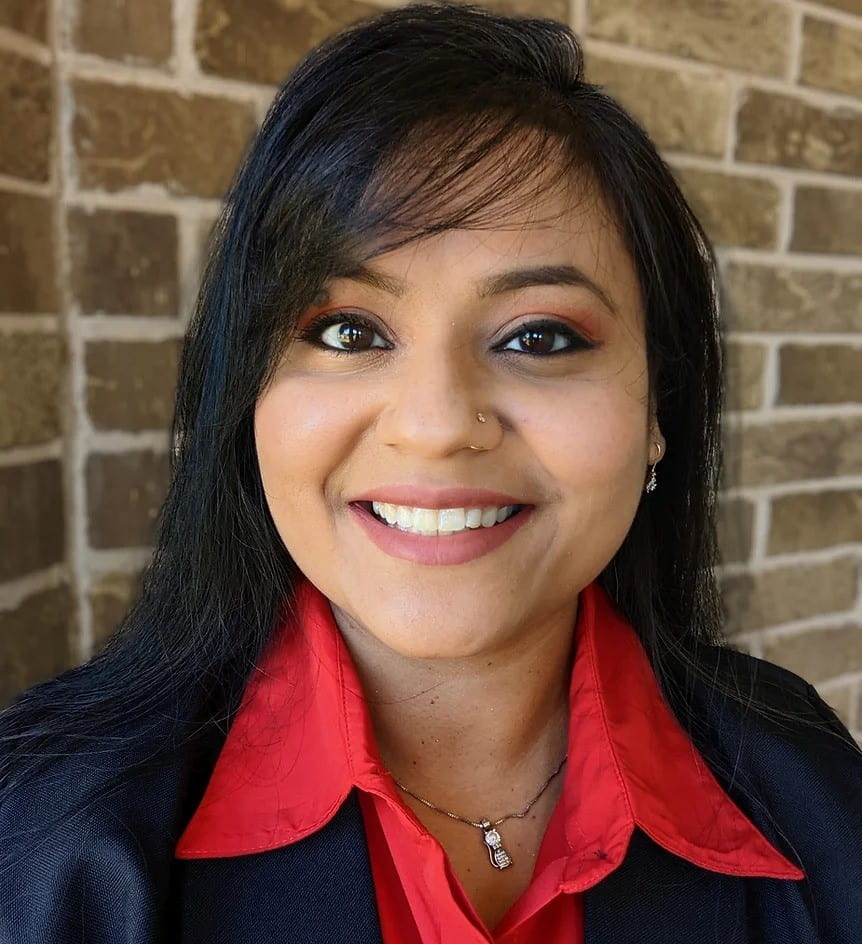
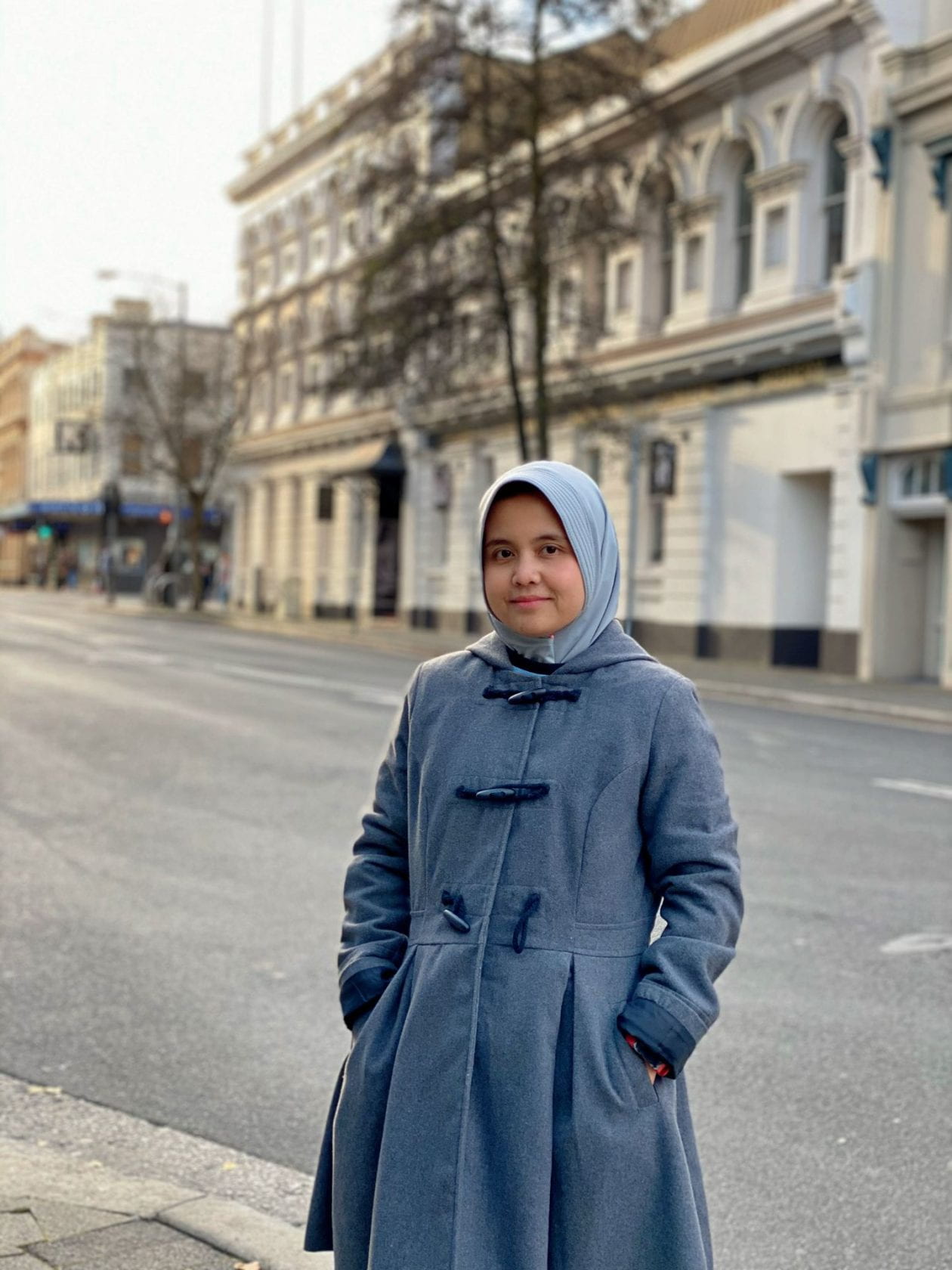
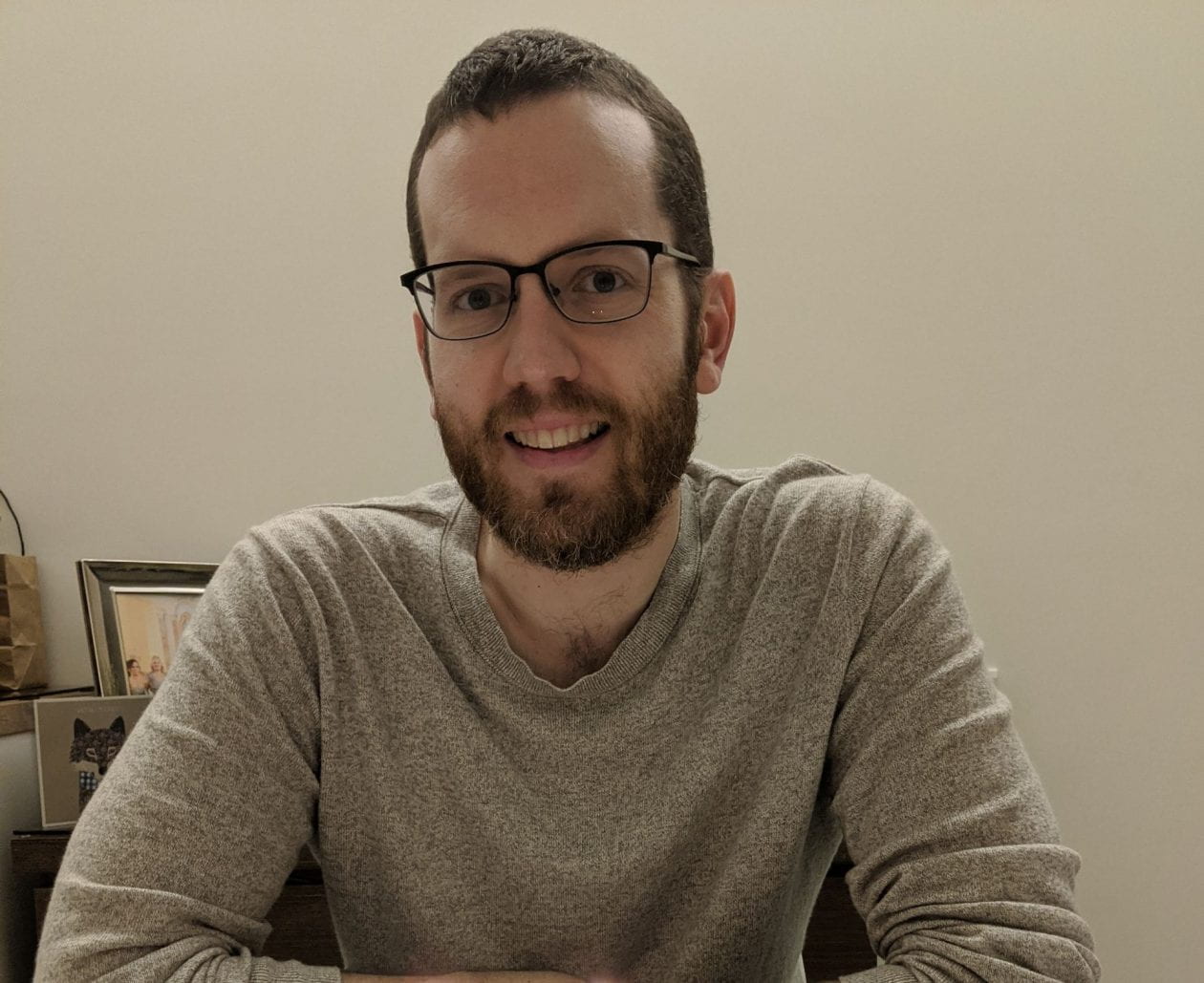
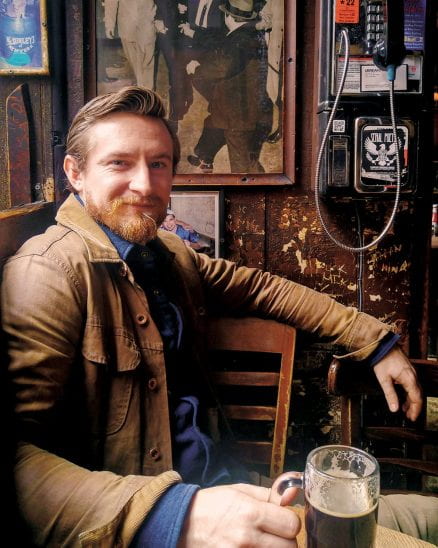
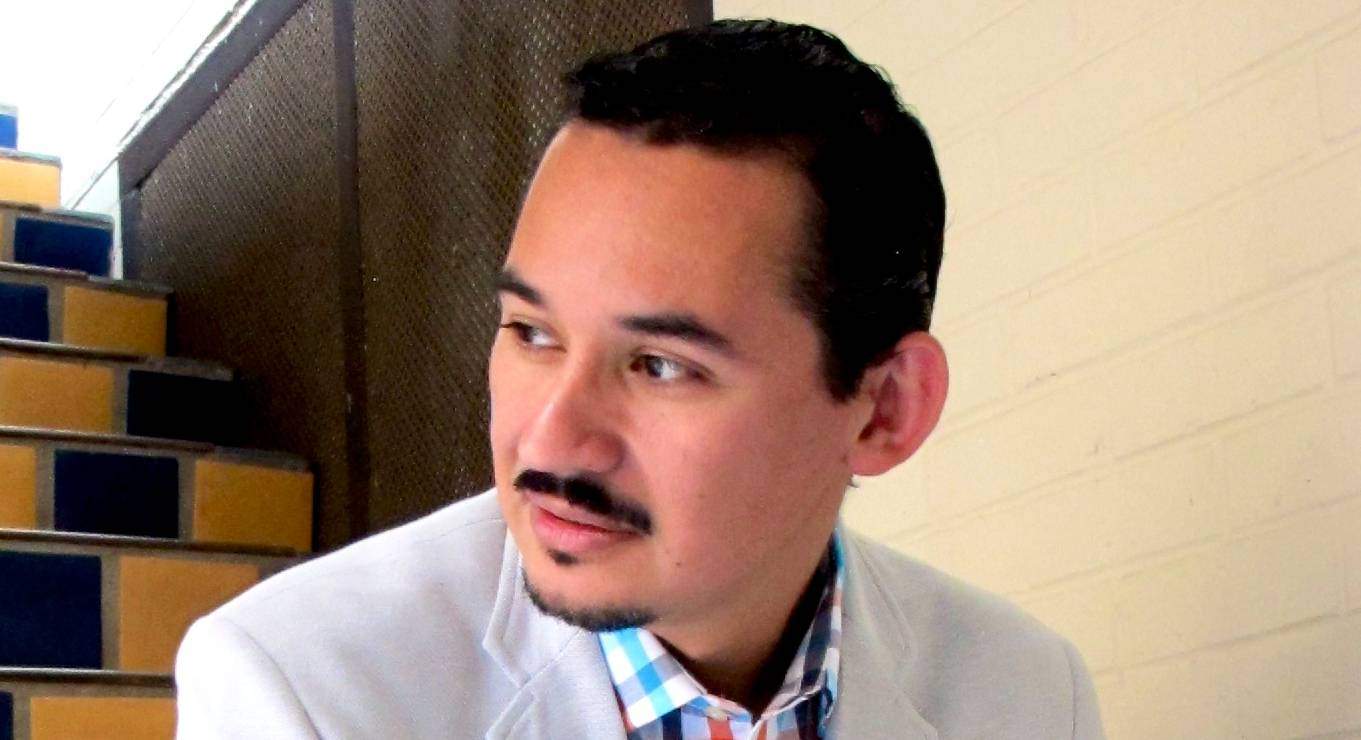 Walking the downtown streets, that same architect might notice the many arched windows patterned with painted brick that decorate the businesses lining the square. Poet and professor of creative writing Tomás Q. Morín, who earned his MFA in Creative Writing at Texas State and is the author of the recent collection Patient Zero, says that, through exploring the “history, style, technique, and the interaction of [these elements] in design and culture,” one uncovers stories hidden within the details. He encourages students and young authors to read as writers, “mov[ing] through a book the same way an architect moves through a city.” Moreover, he says these young writers must experiment with the forms and techniques they find in the texts they read.
Walking the downtown streets, that same architect might notice the many arched windows patterned with painted brick that decorate the businesses lining the square. Poet and professor of creative writing Tomás Q. Morín, who earned his MFA in Creative Writing at Texas State and is the author of the recent collection Patient Zero, says that, through exploring the “history, style, technique, and the interaction of [these elements] in design and culture,” one uncovers stories hidden within the details. He encourages students and young authors to read as writers, “mov[ing] through a book the same way an architect moves through a city.” Moreover, he says these young writers must experiment with the forms and techniques they find in the texts they read.